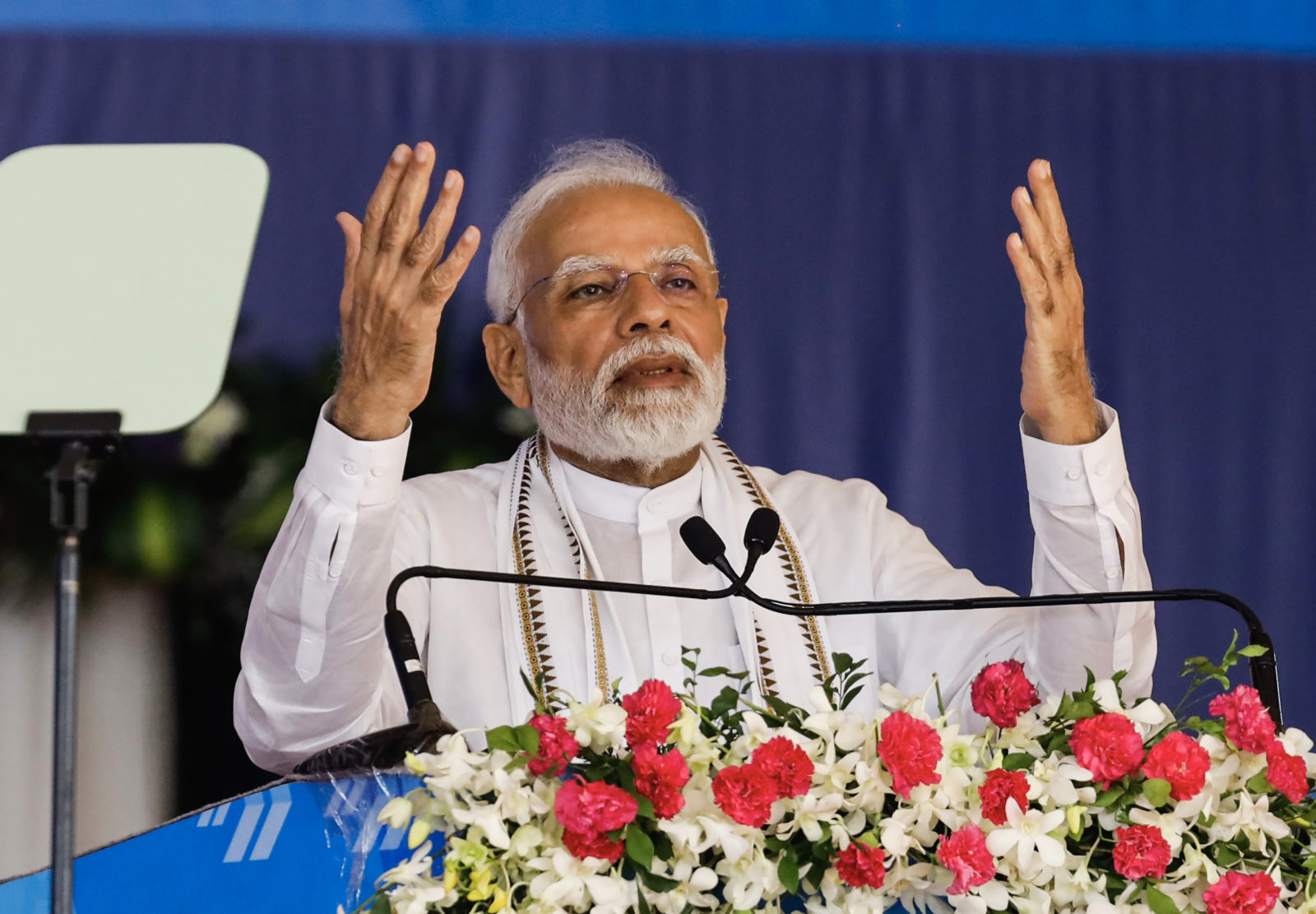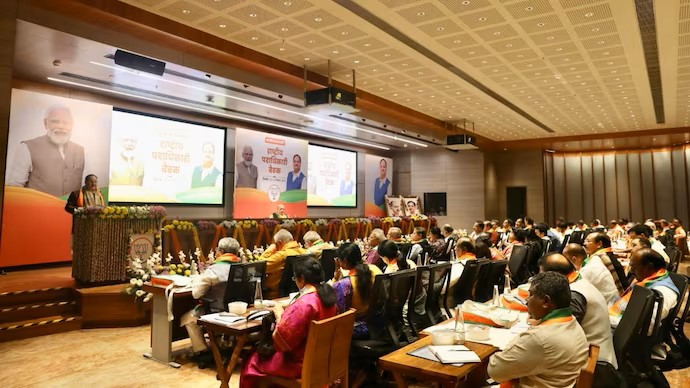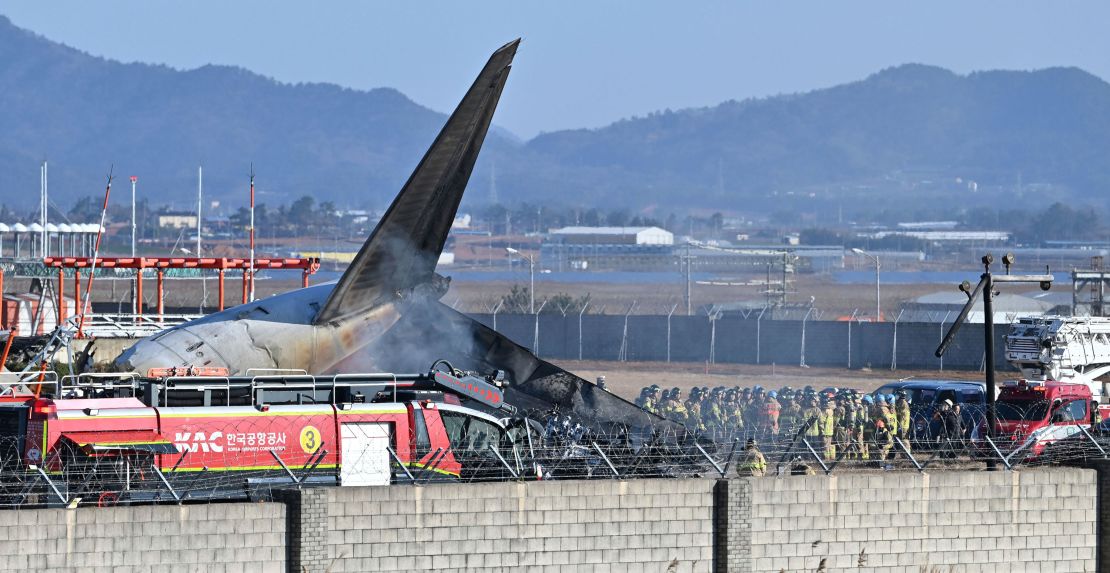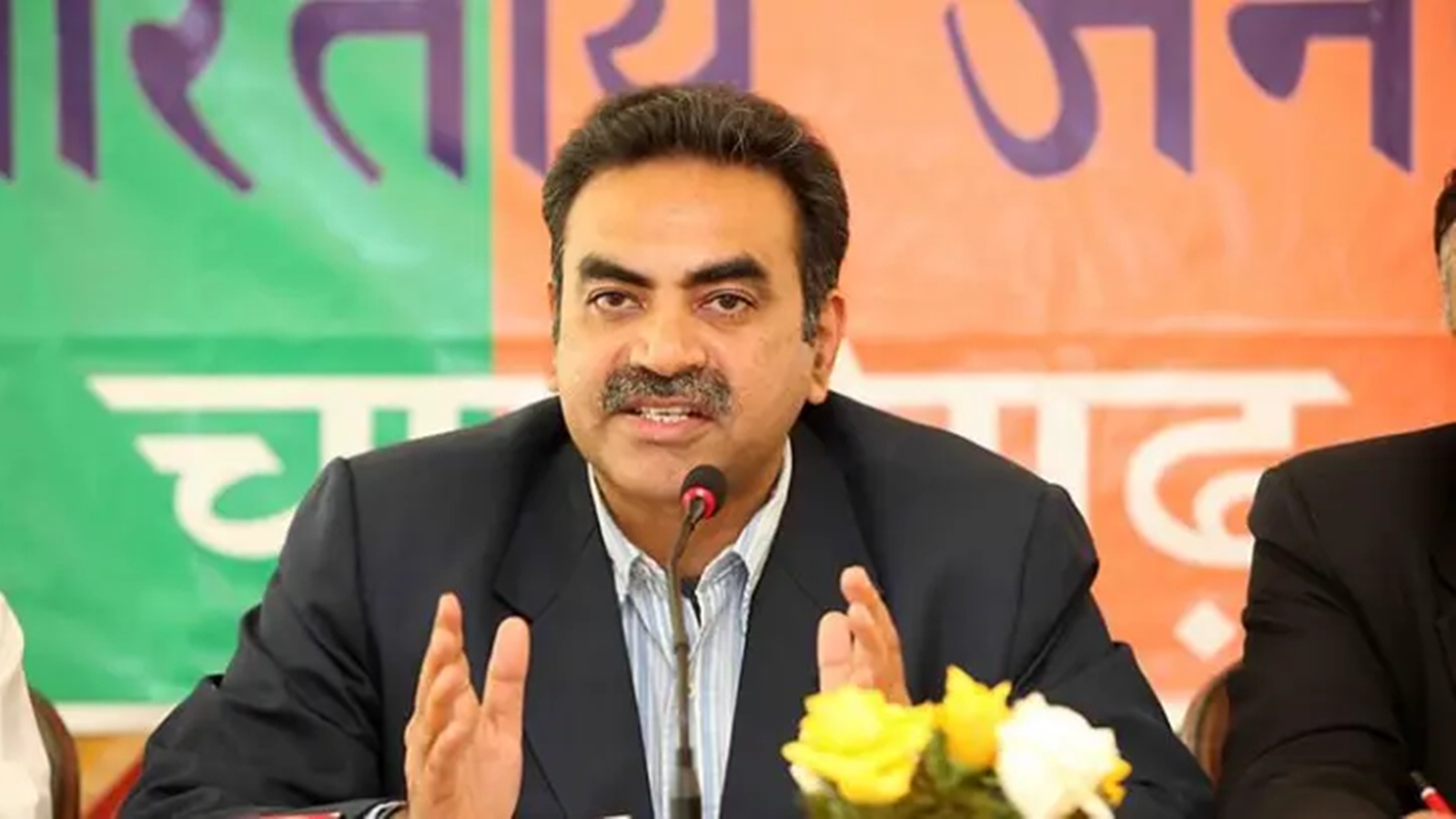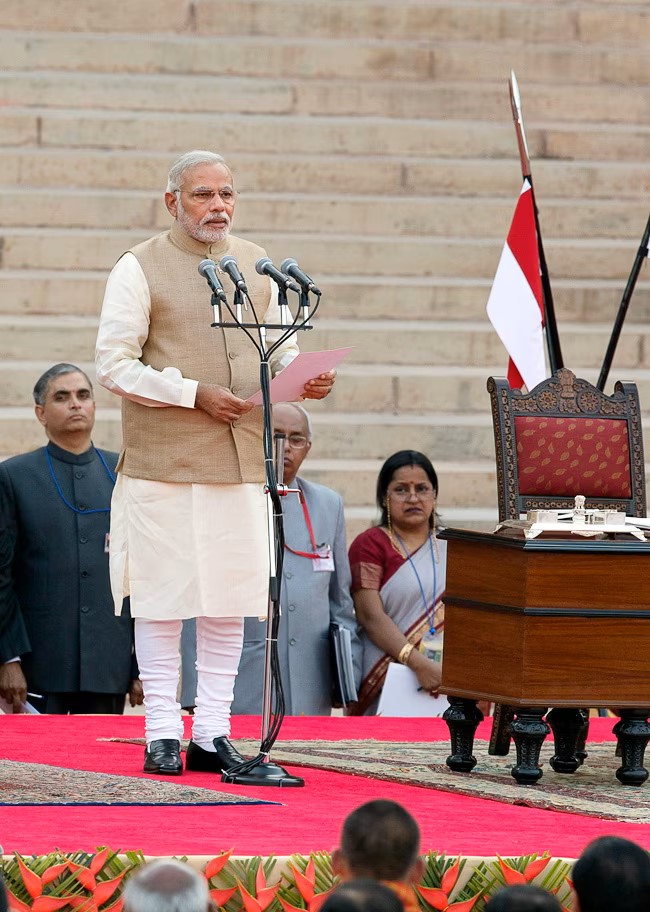 India’s democracy appears to have regained its footing this week. As election results were tallied on Tuesday, predictions were upended as Narendra Modi lost his outright majority for the first time in a decade, signaling a revival for the opposition. Though Modi will be sworn in for a third term on Sunday evening, many believe his power and mandate have been notably reduced.
India’s democracy appears to have regained its footing this week. As election results were tallied on Tuesday, predictions were upended as Narendra Modi lost his outright majority for the first time in a decade, signaling a revival for the opposition. Though Modi will be sworn in for a third term on Sunday evening, many believe his power and mandate have been notably reduced.
For opposition leader Mahua Moitra, the election outcomes were particularly gratifying. After being expelled from parliament last year under contentious circumstances, which she termed a “political witch-hunt,” Moitra’s return marks a significant victory. Re-elected by a landslide in West Bengal, she is set to rejoin parliament as part of a strengthened opposition coalition.
Reflecting on her experience, Moitra said, “They went to great lengths to discredit and destroy me, but democracy has triumphed over brute force.”
Despite his historic third term, Modi’s reliance on coalition partners highlights a perceived setback. The BJP’s campaign heavily focused on Modi, with local candidates often overshadowed by his dominant presence. However, the election results showed a significant anti-Modi sentiment among the electorate.
During his decade-long tenure, Modi and the BJP enjoyed a substantial majority, consolidating power within the Prime Minister’s Office. This era saw accusations of authoritarian measures, including the suppression of critics and a decline in global democracy and press freedom rankings. Modi’s leadership style often sidelined parliamentary debate, reducing it to a mere formality.
However, the opposition’s coalition, uniting more than 25 parties under the acronym INDIA, managed to strip the BJP of its simple majority. Analysts noted that the opposition’s success was even more impressive given accusations of election manipulation and significant financial disparities in campaign spending. The BJP has denied such allegations.
“This election proved that the voter is still the ultimate authority,” Moitra asserted. “Despite their shameless tactics, our democracy has fought back.”
With Modi now dependent on coalition partners, many do not share his Hindu nationalist ideology, potentially curbing his authoritative approach. In discussions with coalition partners on Friday, Modi adopted a notably humble tone, emphasizing the need for consensus and good governance.
The BJP faced significant losses in poorer, rural regions where farmers, lower-caste communities, and Dalits (previously known as “untouchables”) turned away from Modi in large numbers. This shift was particularly influential in key states like Uttar Pradesh.
Indian activist and politician Yogendra Yadav, who accurately predicted the election outcome, noted that frustration with the BJP’s perceived arrogance and disconnect from the populace played a crucial role. Yadav pointed to issues like unemployment, inflation, and fears among Dalits regarding constitutional changes as critical factors.
Harsh Mander, a prominent human rights activist, described the election as the most significant in post-independence India, praising the resilience of Indian democracy. He expressed relief that majoritarian hate politics did not prevail, though he warned that the climate of fear and the use of federal agencies against dissenters remain pressing concerns.
“The climate of fear remains,” Mander cautioned, highlighting ongoing challenges despite the hopeful electoral outcomes.

